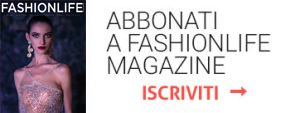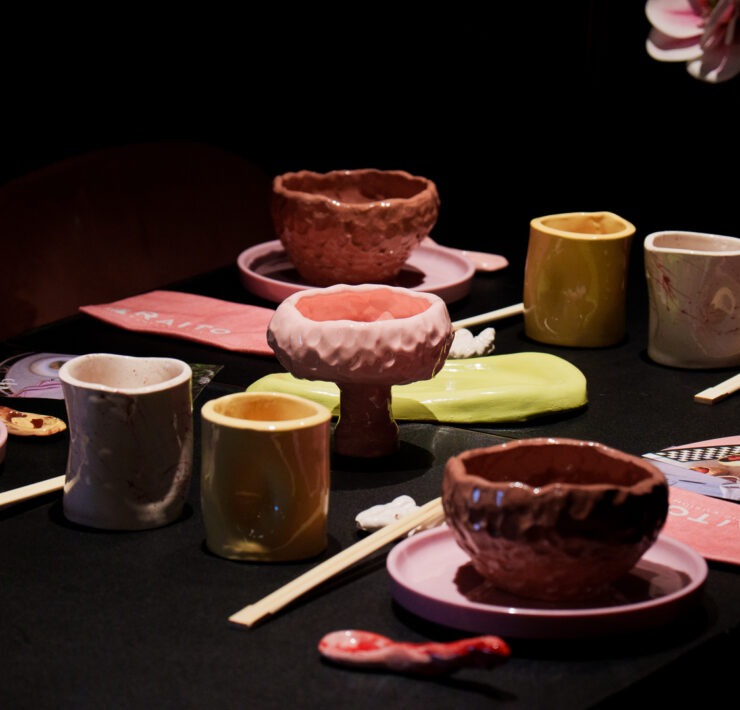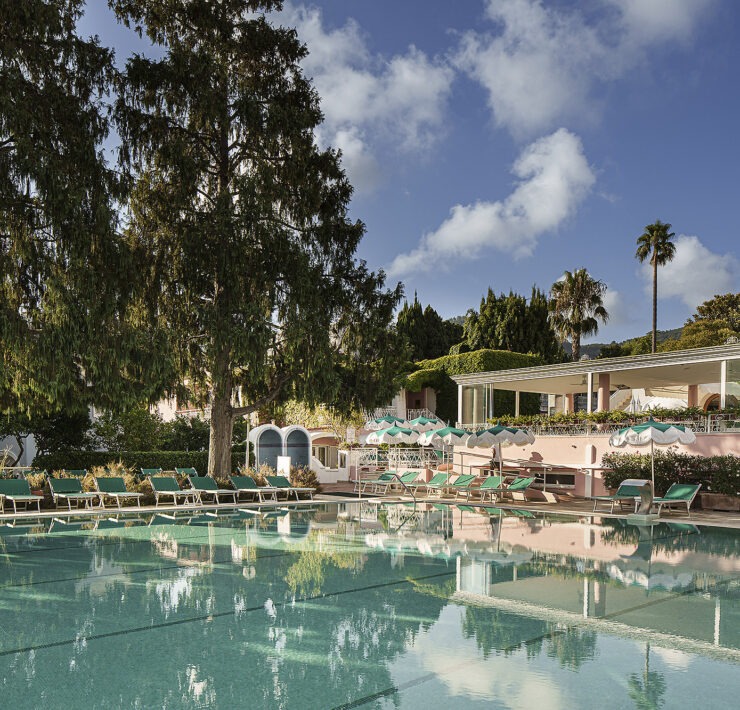Pietro Paganini, author of “I-Food, How to Evade Food Ideology?” reflects on the importance of food education that combines tradition, freedom of choice and innovation. Between the Mediterranean diet, risks of standardization and new technologies.
– Health begins in the kitchen. How important is it to promote education in this regard?
Nutrition education should be a pillar of socialization, starting in the family and school, and nowadays even online. However, it is not. We delude ourselves that we know what it means to eat well, but we often just appreciate the taste or authenticity of certain products without really understanding what we are consuming. In the age of knowledge, social and artificial intelligence, we paradoxically know a lot about many things, but little about what we put on our plates: the nutrients, the impact on our well-being, the ideal portions. We engage in cooking passionately – courses, videos, recipes on social – but rarely delve into what it really means to nourish ourselves. Educating ourselves about food means gaining freedom: consciously choosing a balanced diet, with the right caloric intake, the best nutrients, and without giving up pleasure. It is not just balance; it is also knowing how to indulge in some excess, but in the context of overall balance. Eating well is a form of mindfulness, an act of love toward ourselves and others.
– Why is the Mediterranean diet fundamental to our society socially and culturally?
The Mediterranean diet is not simply a set of dietary rules, but a method, a tool for building a balanced and adaptive lifestyle. It has deep roots in our culture and history, but it is also surprisingly modern. In different eras and different socio-economic contexts, the Mediterranean diet has guided us in making conscious choices: what to eat, how to balance the calories we take in with the calories we spend, how to live leisure time, socialize, rest. It is a model that does not impose, but adapts, promoting well-being and longevity. It is precisely this ability to adapt to individual needs that makes it compatible with precision nutrition, one of the challenges of our future. It is a method that evolves with us, respecting the diversity of each person, keeping balance at the center. In contrast, diets as commonly understood are rigid, ideological, geared toward short-term goals such as weight loss. They cannot offer the lasting well-being that the Mediterranean diet guarantees instead, through a multidisciplinary perspective that values taste, health and sociality. This approach, which combines tradition and innovation, is also a response to our need for awareness in an increasingly complex and interconnected world. A way to stay true to ourselves, without giving up the opportunity to look forward.
– In your latest book, “I-Food, How to Evade Food Ideology?” you talk about the “iPhoneization” of nutrition. Can you explain what you mean and what are the possible consequences of this process-fashion?
In my book, I promote the Mediterranean diet as a dynamic method that embraces individual diversity and evolves over time, and I introduce the concept of precision nutrition as a tool for designing a personalized lifestyle geared toward wellness and longevity.I strongly oppose the “coercive” or “totalitarian” tools that some governments, international institutions or commercial lobbies are trying to impose to address complex problems such as poor nutrition, obesity and noncommunicable diseases. Solutions such as front-of-pack stamps-for example, the Nutriscore-or purpose fees on fat and sugar, and even the so-called planetary diet, propose standardized approaches that undermine consumer freedom of choice. These tools favor large-scale food production at the expense of local production, culinary traditions, and cultural diversity. When I speak of the “iPhoneization” of nutrition, I am referring precisely to this tendency to standardize everything, making food a standard product, devoid of roots and personality, the same for everyone. It is a process that risks flattening not only flavors, but also our ability to choose and value the cultural heritage that food represents. We must oppose this standardization, promoting a model that is instead free, inclusive and capable of respecting local identities and individual needs.
– This newspaper is about lifestyle. What do you think about young people relying on social media to choose what to eat, leaning toward places with more photogenic dishes than anything else?
Social media can be useful for discovering new ideas and trends, but their effectiveness depends on the critical sense with which they are used. Relying solely on the “photogenic” appearance of a dish risks reducing food to an aesthetic element, neglecting its primary function: nourishing the body and mind in a balanced way. The real challenge, however, will come with artificial intelligence. Soon, chatbots and AI agents will be able to recommend what to eat based on our physical and mental state, offering an unprecedented level of personalization. This represents a tremendous opportunity to improve food choices, but also a potential risk if AI is not managed transparently and ethically. Technology should be an ally for awareness and well-being, not a substitute for our critical sense. It is up to us to maintain control and use these tools to enhance, not limit, our freedom of choice.
– Is it fair to say that the Mediterranean diet offers a valuable return to basics with a sustainable approach?
If by “back to basics” we mean recovering Aristotelian balance and Socratic critical sense, then yes, the Mediterranean diet represents a valuable return. It is not a rigid or static diet, but a method, a lifestyle that evolves with the times and adapts to individual and collective needs. The strength of the Mediterranean diet lies precisely in its flexibility: it is a model that promotes well-being and awareness, responding to contemporary needs without ever losing sight of its cultural roots. In this sense, it is a powerful tool for sustainable growth, not only environmentally, but also economically and socially. The Mediterranean diet is not just food: it is a balance between tradition and innovation, between pleasure and responsibility, a method that invites us to live better, respecting ourselves and the world around us.








